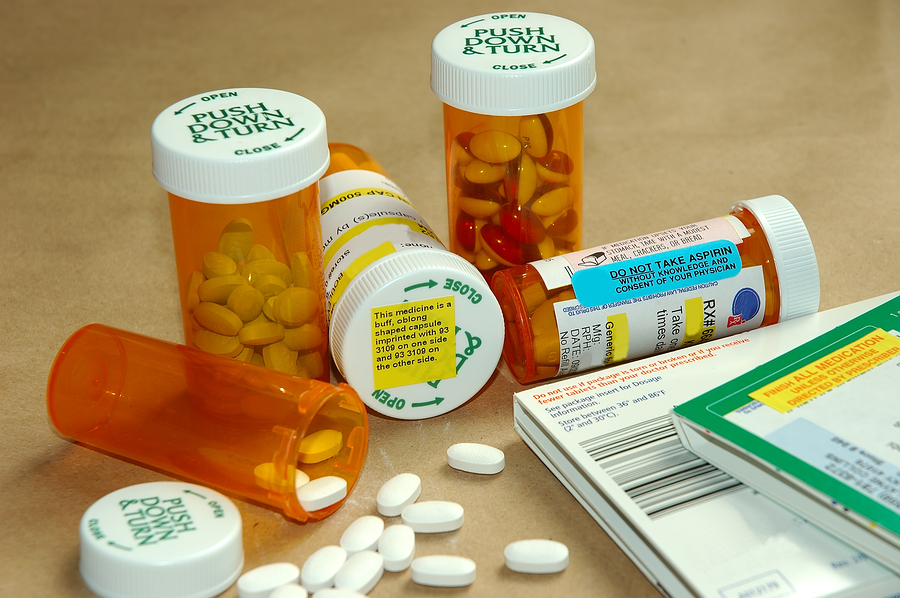According to research appearing in the Annals of Internal Medicine (August 1, 2000; 133:165-175, 227-229), 10% of esophageal cancer cases may be due to drugs that cause stomach acid to flow back into the esophagus. The incidence of esophageal adenocarcinoma has been increasing in recent years. It is a condition that is more common in men than in women.
One possible cause of esophageal adenocarcinoma is gastric reflux. Gastric reflux is a situation where stomach acid flows back into the esophagus, causing heartburn. The acid irritates the lining of the esophagus. This irritation increases the likelihood of developing cancer of the esophagus.
Gastric reflux can be caused by certain medications. Researchers at the Karolinska Institute in Stockholm, Sweden examined the possible connection between the reflux-producing drugs and the incidence of cancer. They compared 618 subjects, with three different kinds of esophageal cancer to 820 subjects who did not have cancer. The researchers tracked the prescription drug-use of the subjects. In particular, they looked at five classes of drugs known to cause reflux.
People who took one of the drugs were more likely to have esophageal adenocarcinoma. If they took the drug for less than five years, the increase was not statistically significant. If, however, they took the drug for five years or more, the risk of esophageal adenocarcinoma more than doubled. Only 6.6% of those who did not take any of the medications for more than five years developed esophageal adenocarcinoma. The instance of the disease in the group taking the medications for five years or more was 17.5%. The increase occurred only in esophageal adenocarcinoma and not in other types of esophageal cancer.





